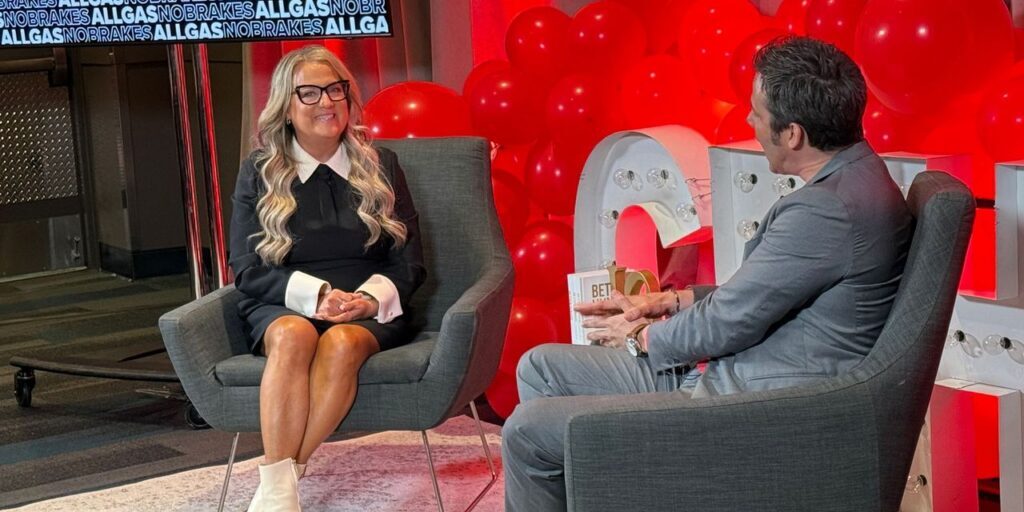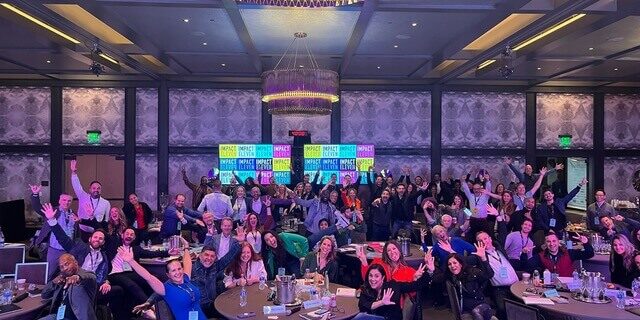When I was working my way up through a sales organization, I looked forward to growing from running my territory to leading an entire region. When I was promoted to vice president, my first big priority was recruiting.
I inherited a region with two open territories. There was a sense of urgency in getting these two under-performing markets on the right track, and it was also my big opportunity to immediately add value as a new leader. I worked closely with HR to screen candidates and schedule interviews in each market.
Following the initial interviews, I scheduled some time out of the office with my two best candidates. We had lunch and dinner meetings in an effort to do some relationship building, answer questions and assess fit. We checked references and conducted background checks. HR administered our pre-hire assessment to determine if each candidate was projected to perform in accordance with expectations. We extended two offers to my two top candidates and they both accepted. I was ecstatic.
Four weeks later, I knew I’d blown both hires. It didn’t take long to see that neither candidate could hit the ground running. What they offered in the interview wasn’t supported with deep enough competency to excel on the job. They could fake it for a couple of hours, but neither candidate was going to make it.
I fired one of the new hires within his first 90 days on the job. His behavior earned him the early exit and it was an easy call to make. What wasn’t easy: recovering from the setback. We had introduced him to our best clients. Now I had to rally the troops and somehow maintain a semblance of confidence from our client roster. I lost months of potential sales productivity in a territory that was already running well below performance standards. This was an expensive mistake – only to be outdone by my misstep in the other territory.
In the other territory, I didn’t have the courage to confront a situation that I knew was going to result in underperformance. Instead of acting quickly, I invested an inordinate amount of time coaching and counseling someone that really wasn’t right for the role. He wanted to succeed. I wanted him to succeed. But it just wasn’t going to happen. My months of waiting cost our organization far more than the new hire I terminated in 90 days.
Today I coach leaders on how to effectively address performance issues and take corrective action. My rookie mistakes around hiring and accountability are the same mistakes I see managers make today. In a large organization, those mistakes, while detrimental, are often absorbed.
But, in a small organization, the same hiring and management mistakes can be catastrophic to the business.
Learn from the mistakes I made. Avoid these 5 hiring missteps:
I hired impatiently: I didn’t spend enough time assessing the competency of each candidate. I learned the hard way that an open position is better than the wrong hire.
I oversold the job: I am all for leading with a strong employment value proposition. But, I didn’t provide enough realistic insight into how much hard work and effort goes into becoming an extraordinary sales professional. Sure, top sales producers in many organizations can earn well into the six-figure range. Sounds great. Trouble is, many people simply aren’t willing to make the commitment required to achieve that level of sales success.
I tried to hire people like me: This one is still hard to admit, but in hindsight it was my biggest rookie management mistake. The candidates looked good on paper and dressed the part. That didn’t transfer into results. My top producers were always very likable, but most of them weren’t very much like me at all.
I trusted my instincts: Hiring well isn’t a gut decision, no matter how well you “know people.” Unless you have specifically worked with someone before (or received an impressive referral by someone you know well), don’t trust your gut.
I waited too long to take corrective action: Is this the best person for the job? It’s a very useful question for a leader. I knew my answer and I didn’t take action quickly, which only pushed the territory further behind. That wasn’t in the best interest of the business and actually wasn’t in the best interest of the employee, who simply wasn’t in a role that aligned with his strengths.
Hiring well is hard and important work. Avoid these 5 mistakes when considering and evaluating candidates.
Ryan Estis & Associates is a training and development organization helping companies, leaders, sellers and individual contributors embrace change and achieve breakthrough performance in the new economy. We offer keynotes, live classroom training and online learning that blends interaction, energy and actionable content designed to elevate performance. Contact us for programming inquiries and assistance determining the curriculum that could best support your learning and development objectives.








![[RYAN] Featured_Why Human-Centered Leadership Is the Future of Growth [RYAN] Featured_Why Human-Centered Leadership Is the Future of Growth](https://ryanestis.com/wp-content/uploads/bb-plugin/cache/RYAN-Featured_Why-Human-Centered-Leadership-Is-the-Future-of-Growth-1024x538-panorama-78e9dc1762c564216c0e9d2780c005b1-.jpg)

